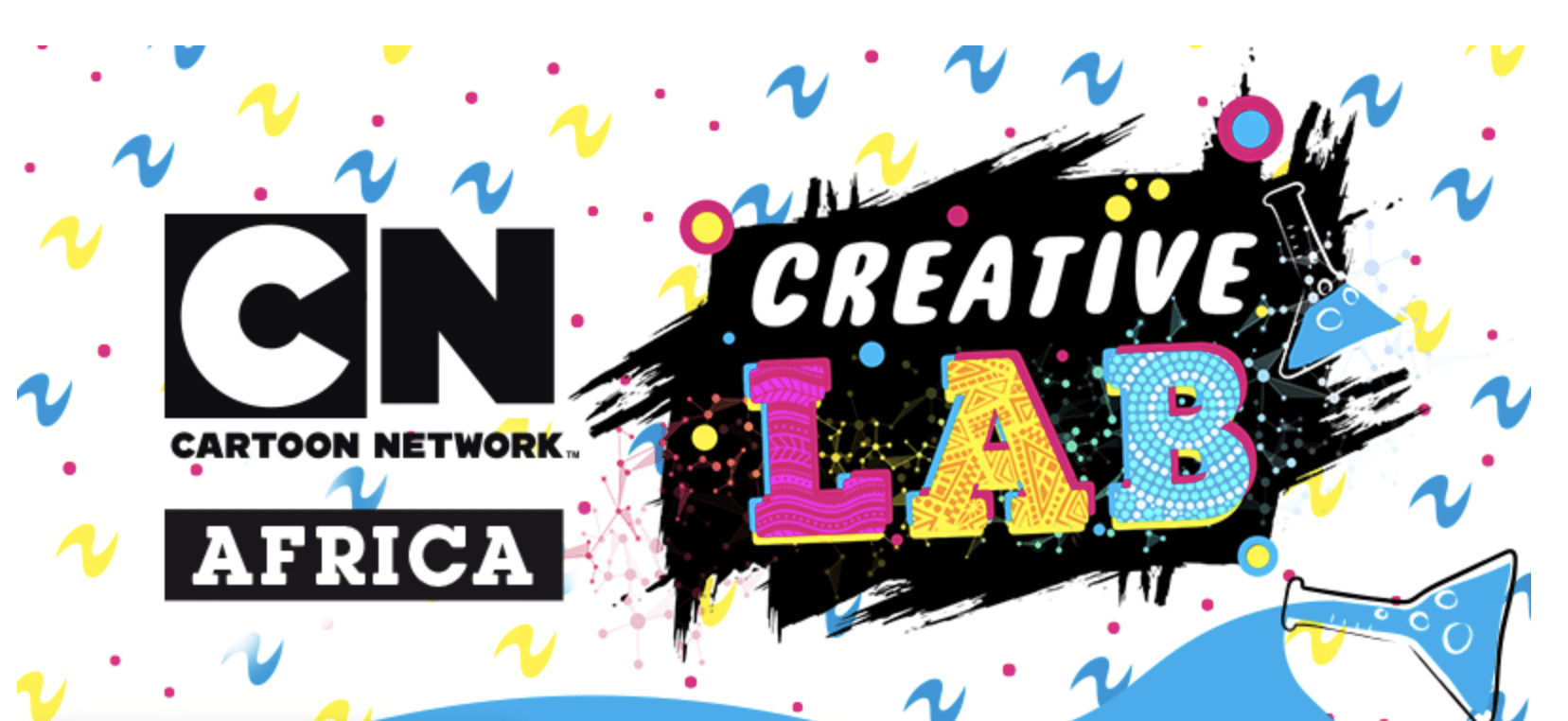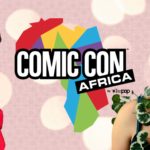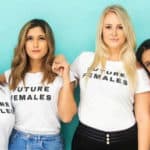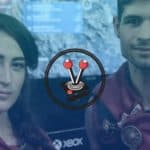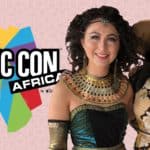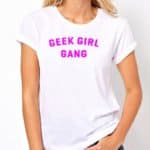Most South Africans have memories of waking up early on a Saturday morning, treading carefully so as not to wake the parents, heading to the kitchen for some Coco-Pops, and then falling in front of the television; just in time for the morning cartoons. Saturdays were defined by sugary cereal, building forts and cartoons – traditions that we all fondly remember and hold dear to our hearts as we grow old. Memories that future generations will not be able to experience in quite the same way.
With that said, growing up with cartoons has undoubtedly shaped our imaginations as adults. Interestingly, most of our favourite cartoons were heavily influenced by foreign cultures – most notably that of the United States of America. This cultural disparity is where Cartoon Network Africa is hoping to make a change. They wish to do so by attempting to bridge the present ‘cultural gap’ for African children. To start off this change, they are inviting all creative Africans to enter into a competition called the ‘Cartoon Network Creative Lab‘.
The Cartoon Network Creative Lab is an initiative that is meant to encourage African creatives and talent to produce content that would resonate with African children. The competition opened on 7 July, and closed on the 10th September. Entrants were to submit a short one to three minute animation comedy aimed at children between the ages of six and 12. Entries will then be shortlisted to ten finalists who will then pitch their ideas to the Cartoon Network Africa’s content programming team. The winning finalists will have their animation series aired on Cartoon Network Africa in 2019.
As the competition was running, Vamers was fortunate enough to interview Ariane Suveg, Head of Programming and Acquisition at Turner Kids Africa, to give us further information about this initiative. We asked her questions about the competition, what it could mean for the future of Cartoon Network Africa, and even threw in some quirky questions about her favourite cartoons – just to shake things up a bit. I hope you enjoy this interview, and that you are enlightened about cartoons and what is in store for African creatives and the future of Cartoon Network Africa.
As per our Transparency Policy, this interview has been reproduced as accurately as possible. However, grammatical edits have been made in terms of brevity, clarity and style.
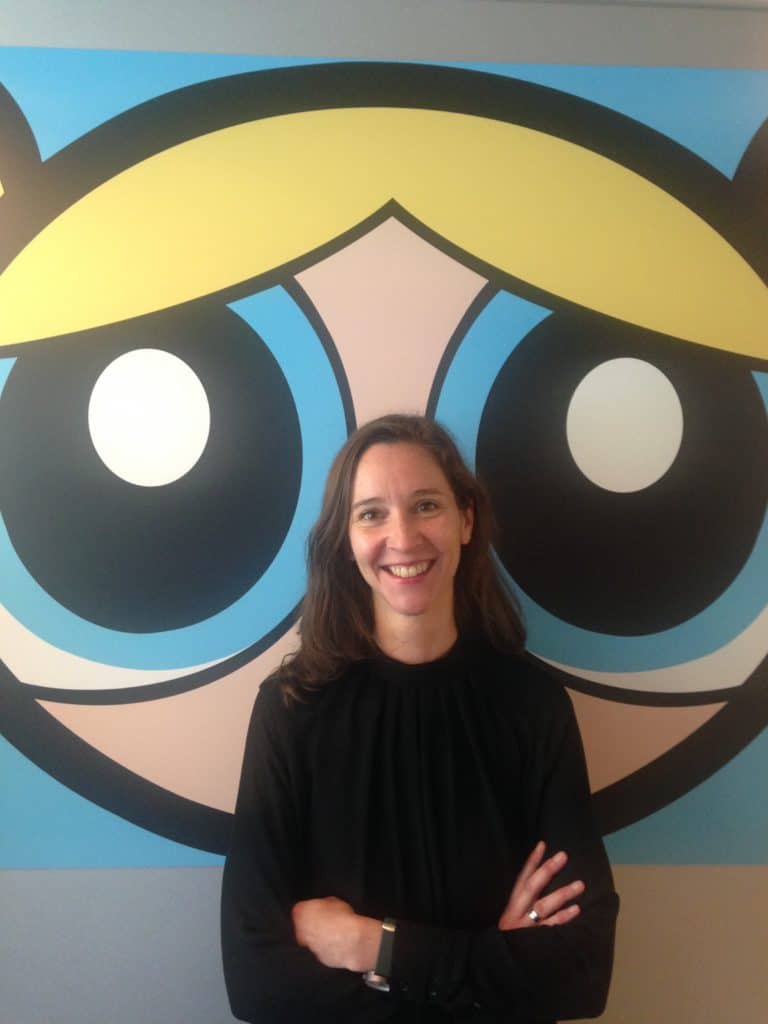
The initial idea behind this competition was to produce culturally infused content for African viewers. Will these shows also be broadcasted around the world at a later stage as an insight into Africa?
At Cartoon Network Africa we believe and know that African stories and their creators are unique in the global landscape, and it is time for them to be shown on our channel. Two years ago, Cartoon Network made our first call for African animators. Cape Town-based Punch Monkey Studio brought amazing creativity and originality to their winning entry at the “Turner Kid’s Pitching Competition” at DISCOP 2016, with a project called Cloud Life. The project has been traveling through the Turner group and is now in a development process with the Turner Asia Pacific production team! This reinforces our need to invest in local content and our commitment to further mentoring talent in the African animation industry. We hope to see the winners of this initiative flourish in their career as content creators, following the footsteps of Punch Monkey Studios’ Cloud Life.
I remember watching Cartoon Network as a child. The content consumed shaped my childhood, and also that of many children around the world. With that said, why has an African initiative only now come to the forefront in 2018?
Cartoon Network enjoys a strong following on the continent, and we continually strive to create a viewing experience that resonates with our African audience. Our localisation strategy that identifies the cultural differences of our African markets has undoubtedly boosted our brand value across the continent.
Our African collaborations include partnering with Animation South Africa (ASA) as the official sponsor of the first-ever “Animation Lounge” at DISCOP 2016. That same year, we also hosted the “Turner Kid’s Pitching Competition”, a strong initiative to bring forward African talent. Last year, we also sponsored the “African Animation Network (AAN) Village”, boosting AAN’s efforts to develop animation talent in Africa. We expanded our presence and hosted panels with various African organisations, discussing the opportunities and challenges faced in promoting African animation productions at local and international levels.
The results from the above are evidence that the African animation community is blooming, and we have built many important relationships within the local market. At last year’s “Animation Village” we truly felt a change in the air, with new ambition and talent pushing forward and creating new structures to how the local animation community collaborates and communicates. So now is the time to tap into these creative minds in Africa, which will be essential in paving the way forward for us to get straight to the hearts of the fast growing African audience.
As a child, my sister, brother and myself would wake up at 9:00 am on a Saturday to watch Ed, Edd and Eddy. What was your favourite cartoon or memory associated with cartoons growing up?
I grew up with the French series Barbapapa, about a family of creatures that can take any form, led by the big pink blob Barbapapa and his partner Barbamama. They have many children, and together they help people and animals around them with their fantastic ability to change form. This series definitely represents the beginning of my lifelong interest in animation and cartoons!
Does the start-up of the Cartoon Network Creative Lab have anything to do with the success of the African superhero Black Panther, which drew an incredibly large global audience?
Our work in Africa, and the general international film market today, confirms that African-rooted content, and unique storytelling is relevant and appealing to a global audience.
We know that the core concept of a superhero is universally recognised and is bound to no specific region, including Africa, so it is great for our creators here at home, to see [that] African creatives are now being more visually represented and commercially successful internationally. That is the magic about comic superheroes; they travel across boundaries no matter the colour of your skin!
Being one of the most popular kids television channels in Africa, Cartoon Network has their own comic superheroes ,which are now loved by young African audiences, such as ‘Ben 10’. And in line with our strategy to localise content, we are always looking for local content that can be translated, appreciated and celebrated internationally as well as locally.
It is time for African stories to be seen on the channel!
Cartoon Network Creative Lab aside, are there any other initiatives by Turner being put in place to further spur the creative future of African animators and content producers?
Through our years in Africa, we have been presented with an impressive number of talented African creatives, and as stated above, we are currently busy with new collaborations with local studios and talents to develop two new shorts for Cartoon Network Africa – to be released later this year.
We have been fortunate enough to have had the opportunity to build long-lasting relationships with numerous influential networks, studios and animation associations in Africa, and are looking forward to future new encounters. We are fascinated by how the African film-making community brings creatives together from all over the continent and we want to continue tapping into the inspiring pan-African talent through Cartoon Network Creative Lab.
If so, will the content be given the platform to reach broader genre scopes other than comedy?
Comedy is our main focus when it comes to animation, but we are also integrating live action content, like our unique African localised series, Pop Up Party, short inserts which followed a young crew of local dancers as they popped up and infiltrated unexpected locations to create a vibrant, unique and fun Pop Up Party.
The most important thing for us is that the content fits our brand values: imaginative, creative and themes around self-empowerment. More generally, all our initiatives are designed to build unique and original content whether it is animation or live action like Pop Up Party.
Are there any African artists/animators that Cartoon Network has come across that you/Cartoon Network have found inspiring or interesting?
The African animation community is blooming, and we have built many important relationships within the local market. We have had many interesting discussions with creators, we are inspired by what we have seen. We are looking for projects that relate with our brand values and channel identity.
The African comic book/animation industry has grown and flourished in recent years. Are further collaborations with African born artists planned for future content?
There is a rich storytelling tradition throughout Africa and we think that the African comic book industry is a fantastic opportunity for us to find superheroes within the African lartscape, not only for Cartoon Network, but also our Toonami channel, which is home to superheroes like ‘Batman’, ‘Superman’, or ‘The Green Lantern’. In line with our strategy to localise content, we are always looking for opportunities that have the potential to be produced locally, whether it be through comic conventions like FanCon, Comic Con Africa collaborations, or inspiration drawn from the local Nigerian comic scene, making Toonami the African go-to destination for superhero enthusiasts of all ages.
Will this initiative perhaps be a starting point for Cartoon Network to create a channel dedicated to African cartoons and animation?
We are on a journey to build partnerships with local talents, develop skills and showcase African animation projects. Animation production is a long process, and that is why it is an important investment for us to develop these kinds of relationships now. We are in Africa for the long run, and we are looking forward to what these relationships might grow to be in the future.
According to the terms and conditions, it states that when an artist submits their artwork/animation, they give all the rights of their projects to Turner. Many artists have been worried about how they will receive credit for their artwork. How would credit be given to the winning artists and would this include monetary remuneration in some way?
We want to work together with the winner, and this is a partnership and collaboration between the channel, the producer and the creatives. The creators are the full owners of their ideas, and if they win we will share their idea. Turner will be the main producers of the show, working with the creators to develop the idea. We won’t obviously be giving credit to all submissions received for this project, but as the terms state we will credit on a case by case basis so any project developed will be credited.
Another concern that has arisen through internet talk is how will Cartoon Network make sure that the winning artists work is not replicated or copied?
As said before, this initiative is a collaborative project between Turner and local creatives, and we want to develop new relationships carefully.
Turner will never work on a project without the original creators of the project involved. Creators are always at the centre here at Cartoon Network. The idea is to build the relationship and to bring this talent to a global process of animation development. That means we will produce locally, but if we find the huge initiative [and] amazing talent, and that is what we did before, we are going to bring them within the Turner Group internationally; and we will be able to develop the ideas within Turner. It is a process of mentorship, and providing the means for development.
Will the entire production be produced in Africa? In other word, will Cartoon Network be endorsing a whole animation series created by Africans for Africans?
It is going to be fully produced locally in Africa and we as Cartoon Network, we are going to select and find the best project then to follow the creators and work with them on the development, meaning that we are going to work with them on the stories and the characters creation etc. The idea is really to work with artists, writers, story builders and local production companies, and the project will be fully produced by talents in Africa.
You are the head of programming and acquisitions manager of Turner Kids’ Channels in Africa. Was it always your dream to be working in animation for children?
I have always been passionate about television series and shows, and realising that I could make a career out of it only fuelled my interest! I have worked with a couple of kids channels in France, and then came to Turner Africa in 2015. I love working in the animation industry because of the fantastic stories I get to see, and because of my fascination for the very particular age group our channels target. They constantly surprise us with new trends, and it is an interesting challenge to try to reach them and speak to them. Here at Turner, I work in such an inspiring atmosphere, with high content production values and surrounded by likeminded [people] from all over the world, that together bring amazing expertise and insight to the table.
August was Woman’s Month in South Africa. What advice would you give to not only young female artists, but all women who are looking into getting into this industry?
Our work in Africa, and the general international film market today, confirms that African rooted content and unique storytelling is relevant and appealing to a global audience. My advice to young female artists and women in general will be “don not try to conform to standards and already made concepts – but be unique”! Recently, I have seen many fascinating initiatives for women by women in animation development, associations and networks for example, and we can feel a positive and fresh promise for the future.
On a global level, Cartoon Network hosted a celebration of Women in the World of Animation heads at the Annecy Animation Festival and MIFA in June [2018]. As part of this activity, the channel announced that it will be sponsoring a female student in an effort to discover and support more female talent to become the creators of the future.
If you could be any cartoon character, who would it be and why?
It would have to be Bubbles from the Powerpuff Girls! She is very bubbly and gentle and the heart of the Powerpuff Girls. She is all about energy and creativity… but I will never miss the opportunity to kick some monster’s butt!
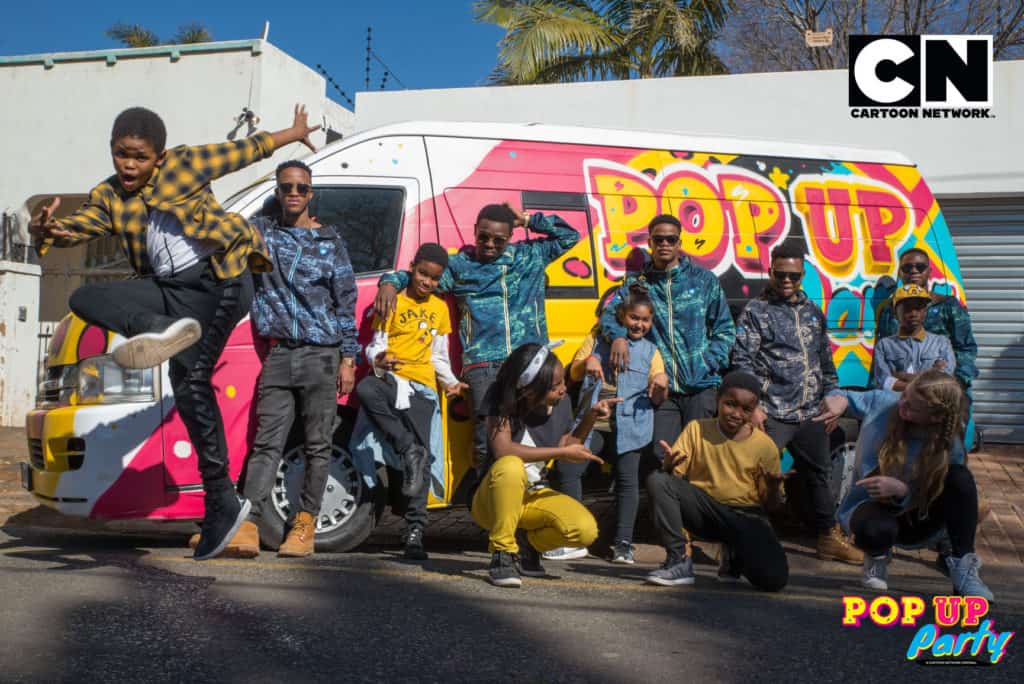
From the magic of the Harry Potter saga through to the trials and tribulations of The Hunger Games, Diona adores losing herself in fictional worlds of magic, love and hope. She is currently a Bachelor of Social Science student with a specialisation in Communications and Media, and hopes to one day be the star of her very own 'talk show'.

